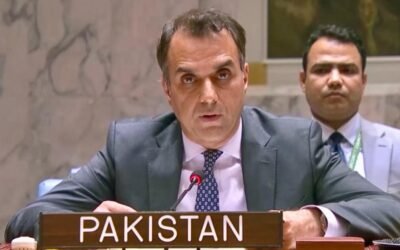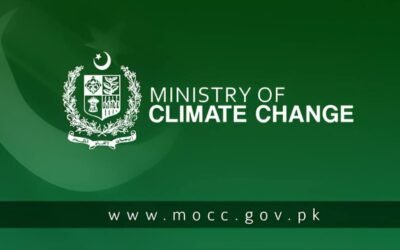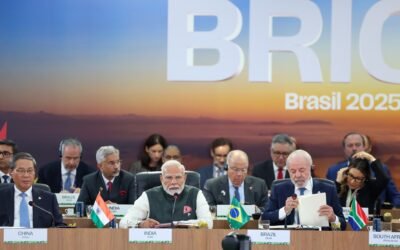Tianjin, China – The leaders of the Shanghai Cooperation Organisation (SCO) concluded their summit in Tianjin, China, by adopting a strong joint statement condemning terrorism and reinforcing their collective commitment to regional peace and stability. The Tianjin Declaration, a landmark document of the summit, explicitly condemned recent terrorist attacks in Pakistan and India and called for global unity against the use of double standards in countering terrorism.
Consensus on Counter-Terrorism
In a significant diplomatic move, the declaration specifically condemned three major terrorist incidents: the attack on the Jaffar Express train on March 11, the bombing of a school bus in Khuzdar on May 21, and the attack in Pahalgam on April 22. This consensus marks a notable achievement, particularly in light of previous difficulties in reaching a joint statement on security issues. The member states expressed their “deepest sympathy and condolences” to the victims and their families, reiterating the demand that the perpetrators, organizers, and sponsors of such attacks be brought to justice.
The declaration firmly states that using “terrorist, separatist and extremist groups for mercenary purposes” is unacceptable. It reinforces the leading role of sovereign states in addressing terrorist threats and underscores the commitment to fighting terrorism in all its forms and manifestations. The leaders also called on the international community to combat terrorism with the central role of the United Nations, fully implementing relevant UN Security Council resolutions and the UN Global Counter-Terrorism Strategy.
Strengthening Regional Security Frameworks
Beyond the declaration, the summit saw the signing of two critical agreements: the Agreement on the Universal Centre for Countering Challenges and Threats to the Security of SCO Member States and the Agreement on the SCO Anti-Drug Centre. These new frameworks are designed to enhance cooperation and provide a more structured approach to tackling transnational organized crime, illicit drug trafficking, and other security threats. The member states also noted a proposal to establish a Centre for Strategic Studies in the field of security, further solidifying their commitment to joint security initiatives.
The SCO leaders committed to actively implementing the Programme of Cooperation of SCO Member States in Countering Terrorism, Separatism and Extremism for 2025-2027. This long-term strategy aims to ensure sustainable international peace by addressing both traditional and new security challenges.
Economic and Diplomatic Cooperation
The summit, hosted by Chinese President Xi Jinping, was the largest in the SCO’s history, bringing together 20 heads of state and government. Leaders adopted a 10-year SCO Development Strategy until 2035, outlining priorities for deepening multifaceted cooperation to ensure peace, stability, development, and prosperity across the SCO region. This is particularly significant in the context of recent global economic instability caused by tariffs and geopolitical shifts. The SCO leaders voiced their strong support for the multilateral trading system.
The organization also streamlined its structure by combining the statuses of “observer” and “dialogue partner” into a single “SCO Partner” status, accepting Laos as its newest partner. This evolution reflects the SCO’s expanding global influence and its role in fostering a new model of international relations. With member states accounting for a quarter of global GDP and 42% of the world’s population, the SCO’s growing trade and diplomatic reach is a powerful demonstration of Global South solidarity.
Middle East and Afghanistan
The Tianjin Declaration also addressed pressing international issues. On the Middle East, SCO leaders condemned the ongoing Palestinian-Israeli conflict, calling for an immediate and sustainable ceasefire and the delivery of humanitarian aid. They strongly condemned recent military strikes by Israel and the United States against Iran, which resulted in civilian casualties, and stressed the importance of diplomatic solutions. On Afghanistan, the SCO members reiterated their support for the formation of an independent, neutral, and peaceful state, emphasizing that a truly inclusive government is the only way to achieve lasting peace and stability.
The summit successfully reinforced the SCO’s role as a major force for security and cooperation, setting a clear agenda for the coming decade.
You May Like To Read:




























